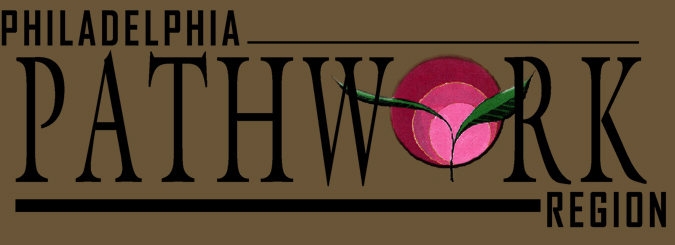Forgive Every Body
/Living in a body is like being in an air bubble; it appears as if we are all separate. This illusion of autonomy causes us to forget the laws of life. The fear of being separated from our source provokes defensive attitudes and negative responses to life’s challenges. We make poor choices that negatively impact our personal lives and relationships. How do we find the courage, wisdom and humility to forgive ourselves and others?
We need to understand the motivation for the inappropriate choices we have made before our compassion and self-love can grow. We need to see that we did the best we could given our experiences, education and conditioning. Our past behavior seemed safe and appropriate at the time. It takes practice to learn how we don’t want to be. Mistakes, painful as they are, are great at increasing awareness, revealing imperfections and speeding our development. We are much more than a physical body housing an evolving consciousness. Even when we behave inappropriately, our true essence is guiltless and lovable. Realizing this enables us to be gentle with ourselves and others.
Forgiveness is a choice
We must make a conscious decision to relinquish resentments and let go of the desire for revenge. Forgiveness releases the forgiven from any debt but it does not condone unacceptable behavior. As we realize how similar we are to those who hurt us, forgiving becomes easier. A person’s fear, blame and ignorance is a result of their struggle to get acknowledgement and love. This realization opens our heart and increases our understanding. We can choose to hold on to the wounds of our past or we can release them and live in the present. Resentment and anger are debilitating; forgiveness is a gift we choose to give ourselves.
Forgiveness is a process
We must continually be conscious of our conditioned reactions and commit to learn from our errors. Like any new skill, forgiving someone is awkward. Someone may have hurt us badly; whether we stay hurt is up to us. Old hurts come to the surface to be seen, felt and released. When asked if he could ever forgive the Chinese for their occupation of Tibet, the Dalai Lama is reported to have said, “They’ve already taken my country. Why should I let them have my mind, too?”
Forgiveness is living in truth
Judgment and blame must be relinquished so that we can take personal responsibility for our behavior. Telling someone how their behavior hurt us and respectfully listening to their response can create a climate for fruitful dialogue. It takes courage to risk having our feelings known and possibly rejected. The payoff is that hearts can be opened, attitudes changed and relationships enriched. By remembering that all bodies are part of one body, forgiveness becomes the natural response to life's dramas.
As the Pathwork Guide says in PGL #9: “Understand that not forgiving burdens you, makes you unhappy, blocks the light and freedom that you desire. Not forgiving harms you much more than it harms those whom you cannot forgive.”
Download the flyer for the fundraising workshop on forgiveness in August
To read PGL #9 and other lectures, go to www.pathwork.org
To learn more about David and view his other writings, visit www.consciousthinking.com
David Schwerin
David Schwerin holds an MBA in finance and a Ph.D. in religious studies and ran his own investment company for many years before becoming an international author and speaker (Conscious Capitalism: Principles for Prosperity, 1998 and Conscious Globalism: What’s wrong with the world and how to fix it, 2005). The following article on forgiveness by David was first published in the Times of India, August 11, 2013 as “Air Bubbles.”


